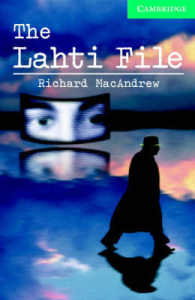- ホーム
- > 洋書
- > 英文書
- > Literary Criticism
Full Description
Gender studies in Arabic literature has become equated with women's writing, leaving aside the possibility of a radical rethinking of the Arabic literary canon and Arab cultural history. While the 'woman question' in the Arabic novel has received considerable attention, the 'male question' has gone largely unnoticed. Now, Hoda Elsadda bucks that trend to give us a nuanced understanding of literary imaginings of masculinity and femininity in the Egyptian novel. Foregrounding voices that have been marginalised alongside canonical works, she engages with new directions in the novel tradition.
Contents
Introduction: Gender, nation and the canon of the Arabic novel
Part I
1. Beginnings: Discourses on Ideal Manhood and Ideal Womanhood
2. The New Man: Conflicting Masculinities in the Fiction of Haikal, al-Mazini and a-Rafi'I
3. Tawfiq al-Hakim and the Civilizational Novel
Part II
4. Naguib Mahfouz's Trilogy: A National Allegory
5. Latifa al-Zayyat: Gender and Nationalist Politics
6. Defeated Masculinities in Sonallah Ibrahim
Part III
7. The Personal is Political: Debating the New Writing in the 1990s
8. The Postcolonial Nomadic Novel
9. Liminal Spaces/ Liminal Identities: Hamdi Abu Golayyel, Ahmed Alaidy and Muhammad 'Ala' al-Din
Conclusion
Arabic References
English References
Index







